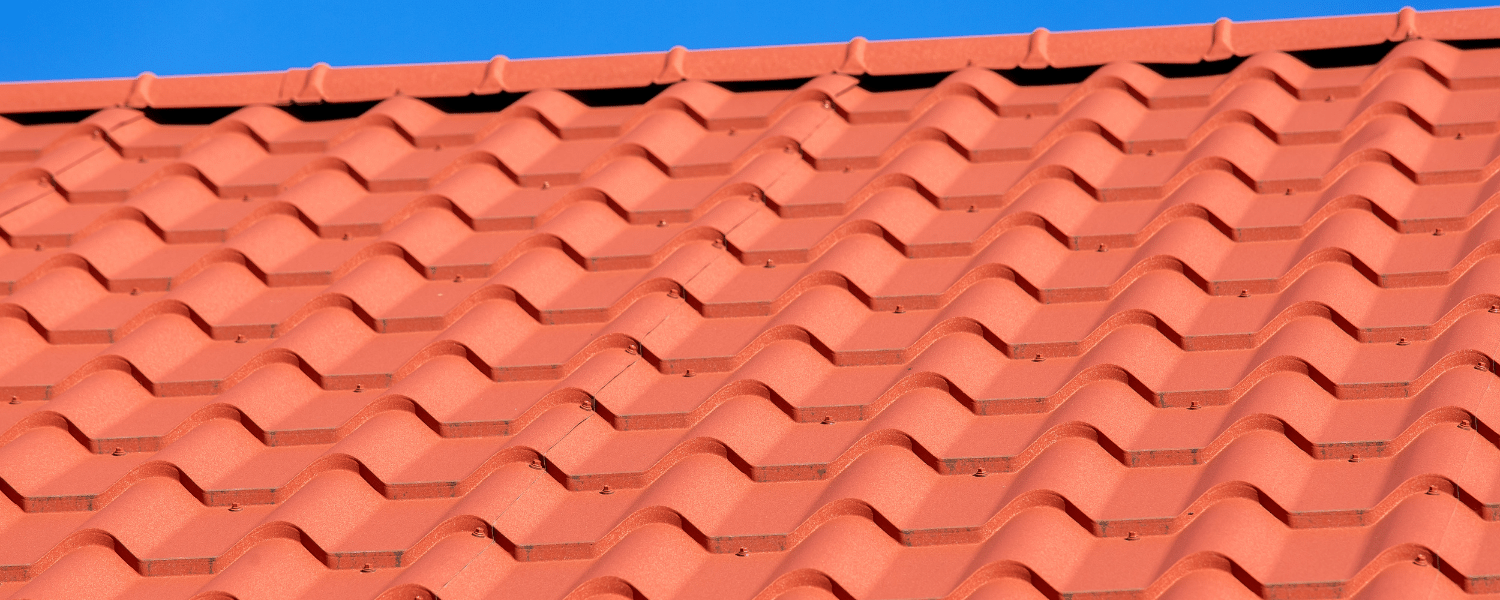Epoxy Flooring
What is Epoxy Flooring?
Epoxy flooring is a type of flooring material that is made from a combination of resin and hardener.
When these two components are mixed together, they form a chemical reaction that creates a tough, durable, and long-lasting surface that is resistant to wear and tear, chemicals, and moisture.
Epoxy flooring is often used in industrial, commercial, and residential settings where durability and resistance to damage are essential.
It is commonly used in garages, warehouses, factories, and hospitals, as well as in homes for basements, kitchens, and bathrooms.
Epoxy flooring is available in a range of colours and finishes, including high gloss, matte, and textured, which can be customized to suit the aesthetic and functional requirements of the space.
It is easy to clean and maintain and can last for many years with proper care.
What Are The Benefits Of Epoxy Flooring?
Epoxy Flooring has become very popular lately for a variety of reasons.
Here's just a few:
Durability
Epoxy flooring is known for its durability and resistance to wear and tear. Epoxy is a strong and robust material that can withstand heavy foot traffic, machinery, and equipment. It is also resistant to chemicals, making it ideal for use in garages, factories, and warehouses where chemicals are commonly used.
Easy to clean
Epoxy flooring is easy to clean and maintain, making it an ideal choice for homes and businesses. Unlike other types of flooring, such as carpet and hardwood, epoxy flooring can be easily wiped clean with a damp cloth or mop. Epoxy flooring is also resistant to stains and spills, which means that it will not absorb liquids and become discoloured.
Aesthetic appeal
Epoxy flooring is available in a range of colours and finishes, making it easy to match with the decor of any room or building. It can be customised to create a unique and aesthetically pleasing finish. The glossy finish of epoxy flooring can also enhance the natural light in a room, making it look brighter and more spacious.
Cost-effective
Epoxy flooring is a cost-effective option compared to other types of flooring. It is easy to install, and the material is less expensive than other flooring materials such as hardwood, marble, or tile. Epoxy flooring is also long-lasting, which means that it will not need to be replaced as often as other flooring options.
Hygienic
Epoxy flooring is non-porous, which means that it is resistant to bacteria, germs, and viruses. It is also easy to clean and sanitise, making it an ideal choice for hospitals, schools, and other public spaces where hygiene is important.
Slip-resistant
Epoxy flooring can be made slip-resistant, which makes it safer for people to walk on. It is ideal for use in areas where there is a risk of slipping, such as in commercial kitchens, hospitals, and industrial settings.
What Is The Lifespan Of Epoxy Flooring?
The lifespan of an epoxy floor depends on several factors which include the quality of materials used, the preparation of the surface, and the level of traffic and use.
A well-installed epoxy floor can last anywhere from 5 to 20 years, or even longer.
If the epoxy floor is properly installed and maintained, it can withstand heavy traffic, abrasion, chemicals, and stains without cracking, peeling or fading. However, if the surface is exposed to extreme temperatures, moisture or UV light, it may require more frequent maintenance or repair.
It's important to note that the lifespan of an epoxy floor also depends on the level of wear and tear it receives. EG. a commercial or industrial floor with heavy machinery and foot traffic will likely require more frequent maintenance and repair than a residential garage or basement.
Overall, the lifespan of an epoxy floor can vary depending on a number of factors, but with proper installation and maintenance, it can provide a durable and long-lasting flooring solution.
Installation Process
The installation process for epoxy flooring typically involves several steps.
- The existing floor surface is prepared by cleaning and leveling it as needed.
- Any cracks or holes are filled in with a special epoxy filler to ensure a smooth surface.
- The first coat of epoxy is applied and allowed to dry.
- Once dry, a second coat is applied to ensure complete coverage and durability.
During the installation process, it's important to work with a professional installer who has experience working with epoxy.
Epoxy can be tricky to work with, and mistakes during the installation process can result in an uneven or flawed surface.
Maintenance Tips
To keep your epoxy flooring looking its best, it's important to follow a few maintenance tips.
First, avoid using harsh chemicals or abrasive cleaners, as these can damage the surface. Instead, stick to mild cleaning solutions and a soft mop or broom. You can also use a wax or polish designed specifically for epoxy flooring to help maintain its shine.
In addition to regular cleaning, it's also important to address any spills or stains as soon as possible. Epoxy is resistant to many chemicals, but some substances, such as bleach or gasoline, can cause damage if left to sit for too long. If you spill a substance on your epoxy floor, clean it up immediately with a mild cleaner and a soft cloth.
Epoxy flooring is a durable and versatile option for homeowners and business owners looking for an attractive and low-maintenance flooring solution. With its chemical resistance and customizable design options, it's an excellent choice for garages, workshops, and industrial settings. By following a few maintenance tips and working with a professional installer, you can enjoy the benefits of epoxy flooring for years to come.
Seamless Epoxy Flake Flooring
Seamless epoxy flake flooring is a popular and durable flooring option that is commonly used in a variety of residential and commercial settings.
The flooring system is made up of several layers of epoxy resin, which are applied to the concrete substrate to create a seamless, durable, and attractive flooring surface.
Is Epoxy Flooring Suitable For Commercial Use?
Epoxy flooring is an excellent option for commercial use due to its durability, strength, and low maintenance requirements.
Here are a few of the benefits of using epoxy flooring in commercial settings to help you decide if this flooring solution is right for your business.
Benefits of Epoxy Flooring for Commercial Use
One of the primary benefits of using epoxy flooring in commercial settings is its durability.
Epoxy is resistant to heavy foot traffic, spills, and chemicals, making it an excellent choice for high-traffic areas such as retail stores, restaurants, and hospitals. An Epoxy flooring solution can withstand the wear and tear of daily use without showing signs of damage or wear.
Epoxy flooring is also customisable, allowing businesses to choose from a wide range of colours and patterns.
This versatility makes it easy for businesses to create a unique look that matches their brand and enhances the overall aesthetic of their space.
Epoxy can even be used to create custom logos or designs, making it an ideal option for businesses looking to showcase their brand.
Commercial Installation Process
The installation process for epoxy flooring in commercial settings typically involves the following steps.
- The existing floor surface is prepared by cleaning and leveling it as needed.
- Any cracks or holes are filled in with a special epoxy filler to ensure a smooth surface.
- The first coat of epoxy is applied and allowed to dry.
- A second coat is applied, once the first coat is dry, to ensure complete coverage and durability.
During the installation process, it's important to work with a professional installer who has experience working with epoxy.
Maintenance Tips
To keep your commercial epoxy flooring looking its best, it's important to follow a few maintenance tips.
- Avoid using harsh chemicals or abrasive cleaners, as these can damage the surface.
- Use mild cleaning solutions and a soft mop or broom.
- Regular cleaning is crucial to maintain the appearance and functionality of the flooring.
- Address any spills or stains as soon as possible.
Epoxy is resistant to many chemicals, but some substances, such as bleach or petrol, can cause damage if left to sit for too long.
If you spill a substance on your epoxy floor, clean it up immediately with a mild cleaner and a soft cloth.
Epoxy flooring is an excellent option for commercial use due to its durability, strength, and low maintenance requirements.
With its resistance to heavy foot traffic, spills, and chemicals, it's an ideal choice for high-traffic areas such as retail stores, restaurants, and hospitals.
By following these maintenance tips and working with a professional installer, your commercial epoxy flooring will last for years to come.
Can I DIY Epoxy Flooring?
Yes, it is possible to epoxy your floor yourself.
Epoxy flooring is a popular choice for both residential and commercial spaces because it is durable, long-lasting, and easy to maintain.
However, it's important to note that applying epoxy to your floor can be a challenging and time-consuming process that requires careful preparation and attention to detail.
If you feel confident you can do this yourself, here are some general steps to follow when applying epoxy to your floor:
Preparation:
Thoroughly clean and dry the floor, removing any dirt, dust, or debris. Repair any cracks or imperfections in the surface.
Acid Etch:
If you have a smooth or non-porous floor, you'll need to etch the surface using a solution of muriatic acid and water. This process will help the epoxy adhere properly to the surface.
Apply primer:
Apply a coat of primer to the floor and let it dry completely. This step is important to ensure the epoxy adheres properly to the surface.
Mix the epoxy:
Follow the manufacturer's instructions carefully to mix the two-part epoxy together.
Apply the epoxy:
Pour the mixed epoxy onto the floor in sections and spread it out using a roller or squeegee. Be sure to work quickly to avoid the epoxy drying before you can spread it out evenly.
Allow the epoxy to dry:
Let the epoxy cure for the amount of time recommended by the manufacturer.
Keep in mind that these are general steps, and the specific process may vary depending on the type of epoxy and the condition of your floor. It's important to carefully follow the manufacturer's instructions and take any necessary safety precautions when working with epoxy.
If you're unsure about your ability to complete the process yourself, it's always a good idea to consult with a professional.
A professional can ensure that the job is done properly and can also offer advice on the best type of epoxy for your particular flooring needs.
How It Works
1. Contact us
Contact us by phone, email, or via the contact form.
2. Tell us your needs
Describe your project and tell us your budget.
3. We'll prepare an estimate
We'll prepare a plan for you to review and approve.
4. Project starts
Once we've agreed on all the details, we'll get started.
5. On time, every time
Project ends when you're fully satisfied.
Painting Newcastle is a locally owned and operated business.
We specialise in
- driveway pressure cleaning
- exterior house cleaning
- concrete sealing in clear and colour sealing
- pool surround pressure cleaning
- retaining walls
- concrete and colourbond roofs
- Solar Panel Cleaning
- Gazebos, Pergolas and Decks
- Wallpaper Installation and Removal
All our staff and tradesmen take great pride in our work and our goal is to give you the best value for your money. We have been serving the wonderful people of Newcastle for many years and our large number of returning customers is testament to our comittment to excellence. Whether you have a small patio to a driveway or large car park, a small house to a large commercial building, we can bring it back to life.




